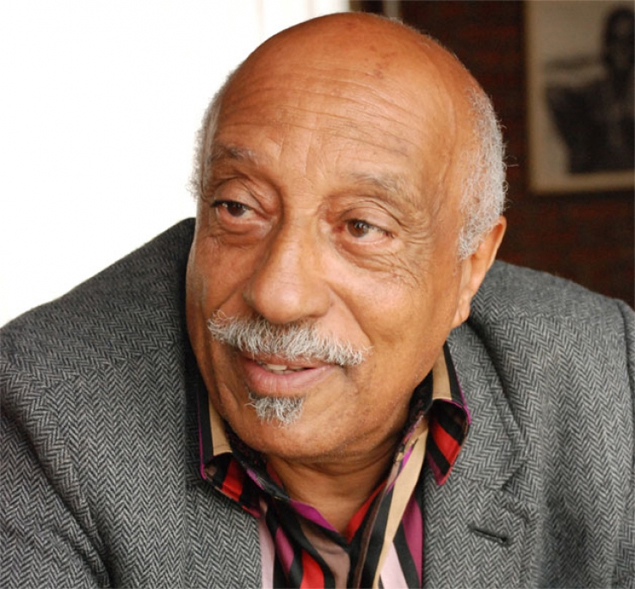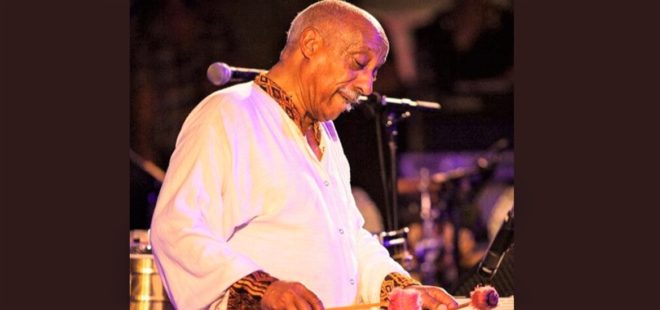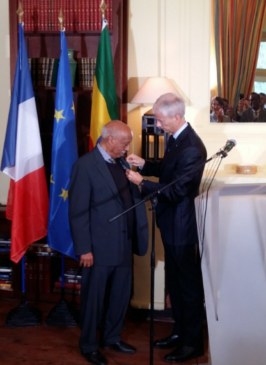Mulatu Astatke – A Maestro for five decades
 Nobody fuses the sounds and rhythms of African, American and European music the way Mulatu Astatke does. Known as the founder of Ethio-jazz, Mulatu’s reputation precedes him. The 72-year-old virtuoso multi-instrumentalist was musically trained in London, New York City, and Boston where he combined his jazz and Latin music interests with traditional Ethiopian music. Like a lot of “world music” picked up by western audiences in recent years, Ethio-jazz appeals to a large number of people because it is simultaneously familiar and foreign. Western instruments—trumpets and saxophones, electric keyboards and bass guitars—are played with a different accent, generated by tuning (some Ethiopian music also makes use of non-tempered scales) and timing. In addition, to his musical skills, Mulatu is also a theoretician and is engaged in projects that would bring Ethiopian music to the international audience. Tibebeselassie Tigabu of The Reporter sat with the talented musician to chat about his musical journey. Excerpts:
Nobody fuses the sounds and rhythms of African, American and European music the way Mulatu Astatke does. Known as the founder of Ethio-jazz, Mulatu’s reputation precedes him. The 72-year-old virtuoso multi-instrumentalist was musically trained in London, New York City, and Boston where he combined his jazz and Latin music interests with traditional Ethiopian music. Like a lot of “world music” picked up by western audiences in recent years, Ethio-jazz appeals to a large number of people because it is simultaneously familiar and foreign. Western instruments—trumpets and saxophones, electric keyboards and bass guitars—are played with a different accent, generated by tuning (some Ethiopian music also makes use of non-tempered scales) and timing. In addition, to his musical skills, Mulatu is also a theoretician and is engaged in projects that would bring Ethiopian music to the international audience. Tibebeselassie Tigabu of The Reporter sat with the talented musician to chat about his musical journey. Excerpts:
The Reporter: Let’s start with your current tour in Europe. How was it?
Mulatu Astatke: I did 20 concerts in various parts of Europe. These concerts are sold out concerts with an attendance of up to 120,000 people. So far my musical journey has been a blessing. Sometimes in the middle of the concerts I watch the overwhelming crowd and it sounds unbelievable. With Ethio-jazz I even had unorthodox fans in Brazil from favelas. (Favelas are urban slum areas which are generally considered to be rough. The favelas of Rio have a reputation of being one of the most dangerous places in the world). I have heard about the drug gangs and I am not going to deny that I was a bit scared (laughs). More than twenty thousand from the favelas came to the show. They were cheering me and calling my name and at the end of the concert they shove each other to hug me. This was unbelievable. This inspires and energizes me. In the middle of all this I always do not forget the creators of Ethiopian musical instruments. I salute their greatness.
Read more at: The Reporter



